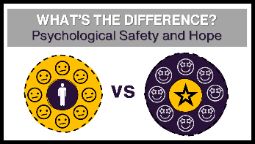
From Psychological Safety to Psychological Hope: Taking a Leap Beyond the “Comfort zone”
(6 min read)

Gianpiero Petriglieri is a distinguished psychiatrist, scholar and thought leader in leadership and organizational behavior. In this stimulating interview, we delve into the history, theory and tools of system psychodynamics (SPD) to uncover the profound interplay between organizational structures, processes, and norms, and individual desires, thoughts, and actions. We examine how an SPD approach can assist in harmonizing productivity and individual aliveness, paving the way for more human and flexible organisations. We discuss the role of "holding environments" in nurturing growth and the impact of "social defenses" and "immunity to change". We also examine the psychodynamics of leadership and highlight the need for "identity workspaces" to foster personal development. Lastly, we explore the psychodynamics of education, advocating for a conscious shift towards value-driven research and teaching in academia. Join us on this enlightening journey that could reshape your perspective on leadership and organisational transformation!
Jump to
Why is the interview important? Who are we talking to?

gianpiero petriglieri
We were compelled to interview Gianpiero not only for his passionate advocacy for more humane businesses and business education, but also because his unique blend of expertise in psychotherapy and management promised to provide a remarkable perspective on the intricate and often unconscious interplay between individuals and collectives in organizations.Our intention was to continue to explore the intersection of psychology, philosophy, and management, with a focus on three key themes.
First and foremost, Gianpiero's extensive work, often in collaboration with his wife Jennifer, in revitalizing system psychodynamics (SPD) captured our attention. With Otti's background as an Insead-certified coach in SPD, we saw an opportunity to enrich our evolving social ontology, rooted in critical realism and complexity theory. SPD aligns nicely with critical realism, as it acknowledges the existence of both external social structures and internal psychological states of individuals, emphasizing the interconnectedness between the two.Building also on the Tavistock tradition of "socio-technical systems", it offered a fresh perspective to the ongoing discourse on complexity, often narrowly focused on cybernetics or technical models, or rather crude adaptations from natural sciences.
We were eager to delve into the essential practices and tools of SPD while exploring its ontological and ethical foundations. Particularly, we sought to understand its "subversive" and liberatory aim of humanizing social systems, and examine its potential alignment with constructionism and positive organizational scholarship, as discussed with Jane and Monica. SPD's lack of an explicit metaphysics raised questions in our mind about the risk of individualism, relativism, or normative claims difficult to ground within the theory itself. In this context, it shared a possible challenge with psychoanalysis in terms of conceptual ambiguity, potential lack of scientific rigor, unclear ethical foundations, and an overemphasis on the unconscious, potentially hindering integration with other approaches -further amplified by the implied 'challenger' status of its practitioners.
Secondly, our aim was to delve into the practical application of SPD in the context of a transformation towards more humane organisations. The concept of "organizational boundaries," often connected to the work of Eric Trist and Eric Miller, and the development of "holding environments" based on Donald Winnicott and Wilfred Bion's research intrigued us. These ideas appeared to align with the notion of "deliberatively developmental organizations" advocated by Bob Kegan. Also, we were curious about SPD's concepts of "social defenses" and "immunity to change" and how they played a role in addressing the challenges of organizational change.
Lastly, Gianpiero's insights into leadership development fascinated us. We had observed that most leadership competency models focus on competence acquisition, lacking the necessary integration of both personal development and (social) identity formation. Gianpiero's work on "identity workspaces" and the distinction between identity construction and "identity fabrication" shed light on how leaders emerge within dynamic social processes, resonating with our conversation with Simon Western. His exploration of marginal leadership was particularly enlightening. Moreover, his extensive writings on the urgent need to reform business schools and leadership development in education echoed our conversations with Gert Biesta, Bill Torbert, and Alan Watkins.
Gianpiero Petriglieri is an esteemed psychiatrist, organizational scholar, and influential thought leader in the fields of leadership, organizational behavior, and mental health. As an Associate Professor of Organizational Behaviour at INSEAD since 2012, he brings a unique blend of expertise, holding qualifications in psychiatry and psychotherapy from the University of Catania Medical School, Italy, and advanced organizational consultation from the Tavistock Institute of Human Relations in London, UK. He previously served as a Visiting Associate Professor at Harvard Business School, Copenhagen Business School in Denmark, and as an External contributor at IMD, and he is a member of the Academy of Management, the European Group for Organizational Studies, and the A.K. Rice Institute for the Study of Social Systems, among others.
In his distinguished teaching career at INSEAD, he has been responsible for program design and direction for the MBA program, offering a wide array of courses related to business and society, value-based leadership, practical wisdom, and responsibility in business. Additionally, he has played a significant role in executive education programs with numerous renowned companies and institutions worldwide. As a prolific researcher, Petriglieri has authored numerous articles across a wide range of pertinent topics, such as gig economy work, leadership identity, and the personalization of management learning, published in prestigious academic journals, such as Administrative Science Quarterly and Academy of Management Learning & Education, and contributed several book chapters that offer a psychodynamic perspective on identity and leadership within organizations.
Petriglieri has received numerous awards and honors underscoring his exceptional contributions to research and teaching. Notable accolades include the Best Symposium Award from the Academy of Management's MED division, the INSEAD Dean's Commendations for Excellence in MBA Teaching, the Brandon Hall Excellence in Leadership Development Gold Award, and the Ideas Worth Teaching Award from the Aspen Institute Business & Society program. His thought leadership extends to his contributions in practitioner and clinical publications and leading institutions such as the World Economic Forum, with his insights featured in a large number of international publications and media outlets such as BBC, Bloomberg, Harvard Business Review, Wall Street Journal, and Forbes. Petriglieri has been recognized among the 50 most influential management thinkers by Thinkers50 in 2021, 2019, and 2017.
Emphasizing the psychological aspects of leadership and the interplay between individual well-being and organizational effectiveness, his work has significantly contributed to our understanding of systemic leadership dynamics in modern workplaces.
Exploring the Critical concepts for this session
A Resource Kit to launch your explorations
Selected published works
Live video recording and podcasts
Explanations, artefacts and references from the interview
What have we learned? Our "Best Bit" takeaways from the Interview

KEY INSIGHTS FROM THE INTERVIEW FOR OUR INQUIRY
Here you can find the most memorable insights from our interview, related to our three inquiry questions. Simply select from the drop down menu on the right -->
Share the most popular quotes with your social media connections: just click + save picture + post!






Unleash your curiosity and discover new insights
Further explorations about system psychodynamics
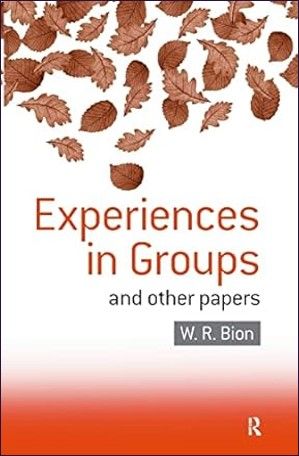
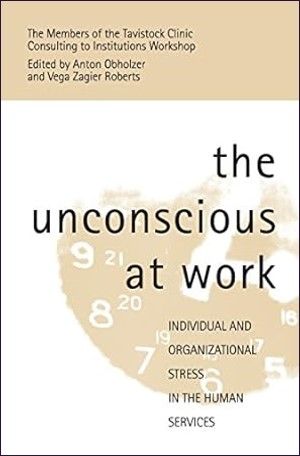
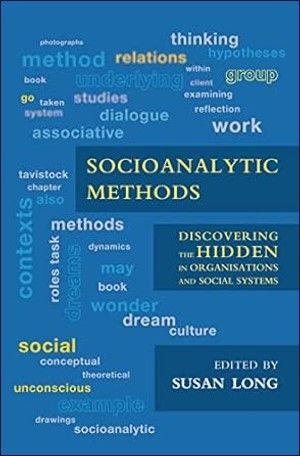

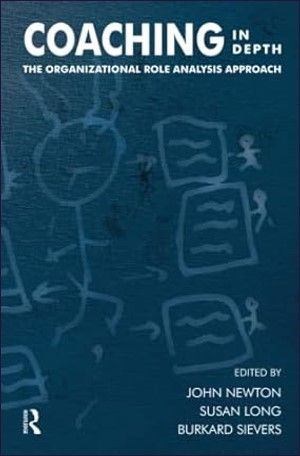
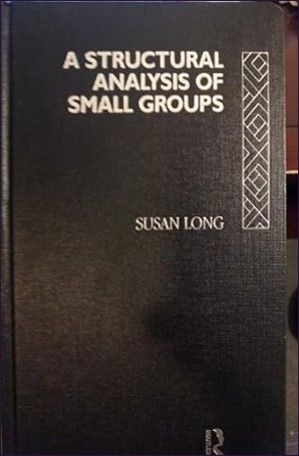
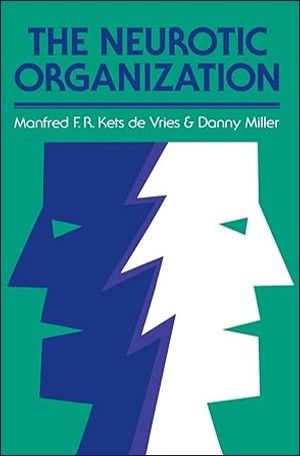
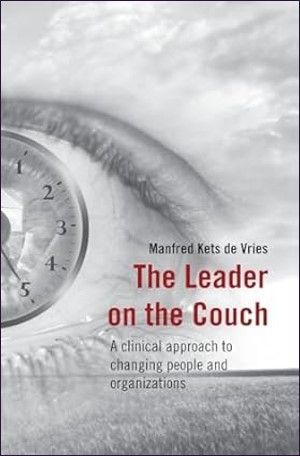

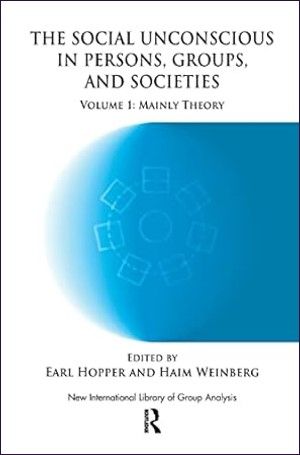

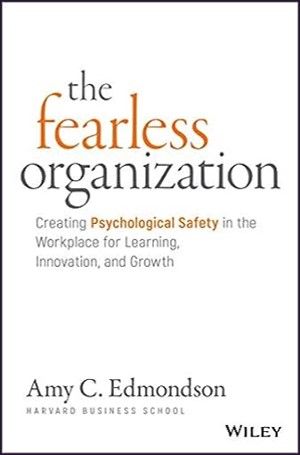

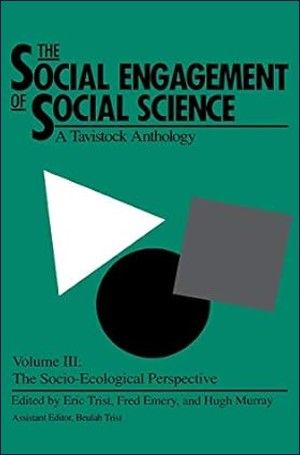






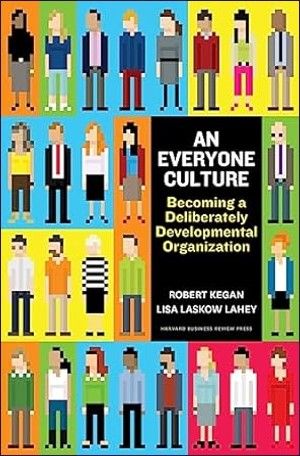

Related blog posts

(6 min read)

(9 min read)
Explore all the popular interviews in this section